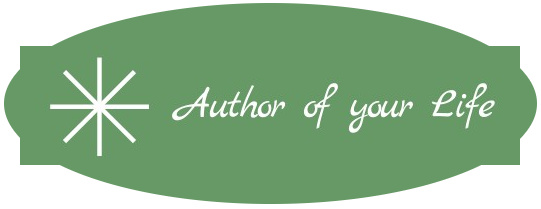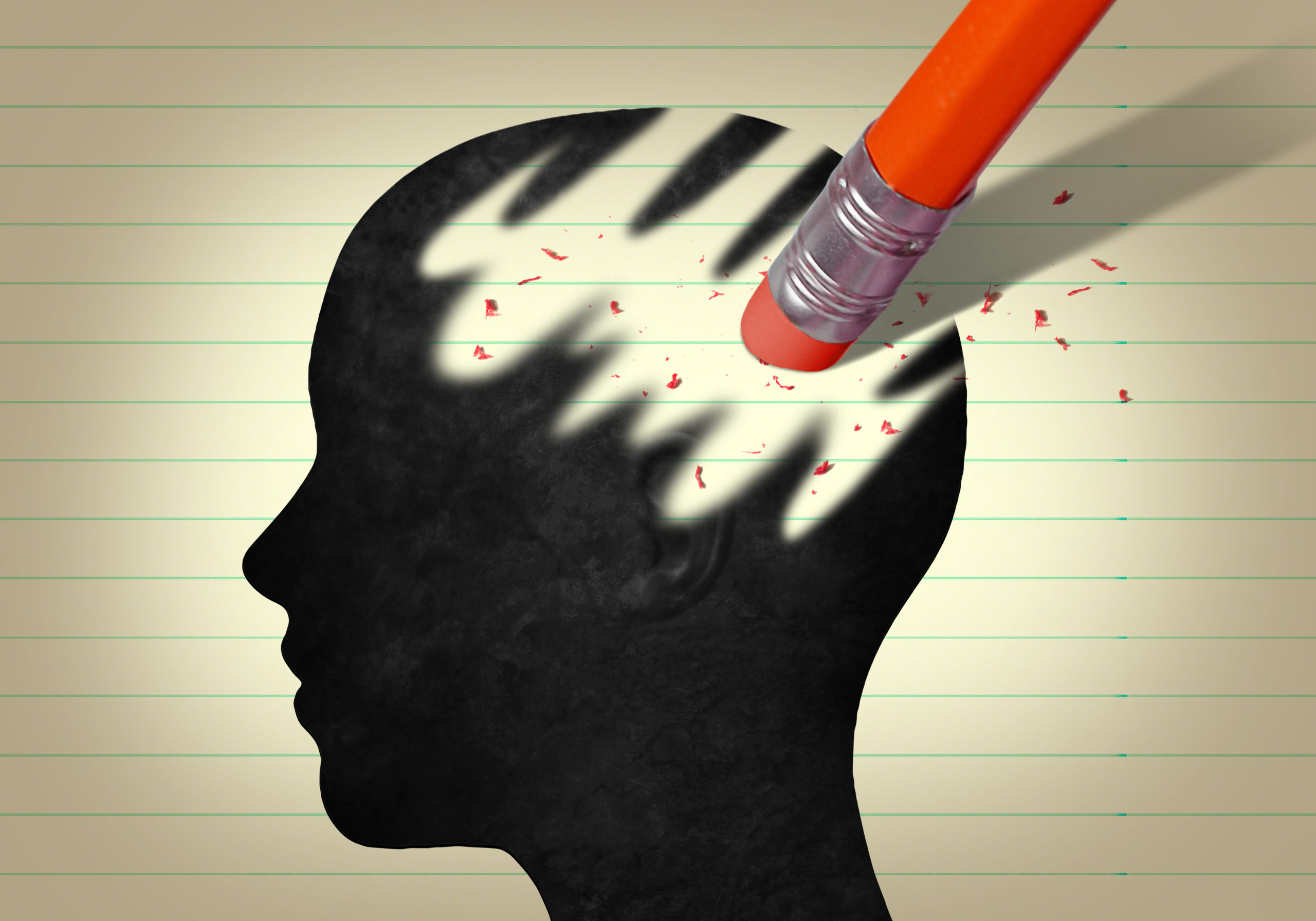Survivors of violent sexual crimes are left with a lot of pain and stress to deal with, mainly on the physical, emotional, and psychological fronts. What each person feels and goes through is a part of their own experience and this is usually different for everyone.
Post-traumatic stress disorder is one of the most common effects on the mental health, where victims keep reliving the painful trauma through troubling memories and flashbacks of the assault and are haunted by the feelings of anxiety and fear. Depression is another prevalent effect of the crime on victim’s mental health, a condition where victim suffers through deep sadness and hopelessness as a result of the crime and struggles to find happiness. Self-harm, suicidal thoughts, sleep and eating disorders, and substance abuse are some other serious problems that victims may develop in the aftermath of the sexual assault.
Given the violating nature of the crime, it is likely to be etched in the memory of the victim forever as the most distressing experience of their life. But life for the survivor doesn’t, and shouldn’t, end after the crime. Even though it may sound easier said than done, it is essential that survivors begin the process of healing and rehabilitation before the psychological and emotional scars of the assault consume their entire life.
For some survivors it may be easy to speak out about their experience to a friend, a family member, or even a therapist. Sharing and letting out can prove to be cathartic for many and mark a promising start to their coming to terms with the hardship that they’ve had to face. There is nothing like kind, tender words of a loved one and embracing, unconditional support of the society. They are powerful enough to kick-start the victim’s healing journey.
But for many, letting other people in on their inner turmoil may not be so easy. Maybe they just don’t have the words to express what they’re going through, maybe they don’t find a supportive environment that encourages them to open up their heart and mind, or maybe they themselves haven’t been able to completely process the trauma and feel that it’s too early for them to talk about it with others. Whatever the reason may be for not being able to openly discuss the assault, it doesn’t have to impede the healing process for victims. There are many therapeutic techniques that they could try out instead to somewhat ease the suffering, a couple of which are as follows:
- Try Out Creative TherapyEngaging in creative activities such as dancing, singing, drawing, painting, etc. can be instrumental in uncovering the suppressed emotions related to the trauma. Many victims tend to drown out whatever they are feeling among a sea of other things instead of facing the thoughts and emotions head on for whatever they are. Activities that call for creative expression can greatly help in bringing out these drowned out sensations to the forefront, layer after layer in a way that’s easy to take in.
- Find a Confidante in Mirror or a PetTo suffer silently is never the answer. For the victim who has trouble confiding in another person about their trauma related feelings, can still find a way to break the silence by simply confiding in themselves or in an animal that they love like their pet. They can say out the unspoken words in front of a mirror or to their pet, and feel relieved from the release of the burden of those heavy words.
- Seek Inspiration from Books and PodcastsFor the victims to know and understand that they are not alone in their ordeal can make a world of difference. Listening to someone else recount their similar experience and how they got past it can give victims the much needed boost of hope. Such inspiration can be found in reading quality books and listening to impactful podcasts.
While all these methods are effective in getting a handle on the situation, they still don’t fulfill the need for a sustainable solution that not only helps the victim confront what has happened but also allows them to find a way to a place of happiness through all the pain. The best coping method in this regard would be journaling or journal writing. The benefits of journaling practice in general are plenty. But journaling can also be used for a more specific purpose, such as in this case, trying to overcome the trauma of a sexual assault.
How is Journaling Most Helpful in Processing Trauma?
Journaling is more thorough and introspective than most other coping mechanisms. This means journaling gives victims the chance to tap into their innermost thoughts and emotions, even the ones that they may have buried away at the bottom of the ocean for the fear of facing them, and bring them to the surface in a comforting way. Here’s why journaling with a purpose can be incredibly healing when battling the emotional and mental effects of sexual assault:
- Journaling Offers a Safe RefugeWhen you’re sorting your way through something that is as sensitive as a sexual assault, you deserve all the privacy and refuge that you can get for your perceptions and sentiments. The companionship of a journal and a pen is the best and safest sanctuary that you could ask for. There is no one to judge you or criticize you. You can just let yourself be as you are in the given moment. There is no need to filter out anything that’s crossing your mind; you can be as honest, transparent and generous with your words as you want to be. Even the subtle details of the assault that may be too formidable for you to speak out can be expressed via writing.
- Journaling Gives You a Stable GroundThe whirlwind of emotions and thoughts that arise after the trauma is enough to cause the victim to lose their grounding, which is a place of mindfulness and clarity. Amidst all the chaos and conflicts, it may get real difficult to keep in mind who you are and what holds you together. Writing in a journal allows one to rediscover and affirm their entire being and prevents them from getting swayed back and forth by the fickle nature of the mind. With everything poured out in the journal, it’s easier to figure out where you currently stand and where you need to go moving forward.
- Journaling Encourages Appreciation for SelfIf you are a survivor of sexual assault, you need to understand just how strong and brave you are as a person. It takes immense strength and courage to live through something so traumatic and pick yourself back up. You should take as much time and as many words as you need to give yourself the appreciation that you deserve. And not just give, but commit yourself to this appreciation and let it become your strength.One of the best ways to do that is via journaling, as writing something down is a great way of affirming it. In case you are currently not in a place where you can be more appreciating towards yourself, regular journaling can help you get there. Writing down about your trauma lets you gradually grasp its magnitude while giving you insights into your own personality traits and strengths that made it possible for you to brave through it all.
- Journaling Creates Way for the Future
- One should never let their past be an impediment to what their future could be, more so for sexual assault victims. The past is no longer under your control, but your future is. With this realization, victims can use journaling to dream and hope about the future that they would like to have, after they have processed and won over the bitterness associated with the trauma. They can ponder upon the possible directions that they would like to explore going ahead. This process is like sowing the seeds for the future. This is the part where you rediscover the ambition and the meaning in your life. This is the part where you move on from being a victim to the role of a maker. And you get to this part by letting your journal remind you at every step that your life is still and will always be yours to define. Not to mention, documenting one’s aspirations alone can serve as a great motivator to act in the direction of achieving them for real.
Combining Journaling With Other Coping Techniques
When it comes to facing the overwhelming repercussions of a trauma, victims need not necessarily choose one coping method over the other. They can try out different mechanisms, decide what’s working for them and what isn’t, and eventually work out a balanced structure that accommodates all methods that are effective for them. For instance, journaling can very well complement the previously discussed coping techniques of engaging in creative arts, talking to a pet or a mirror, and consuming motivational books and podcasts. These techniques can be tried out to give an outlet for the feelings to flow freely. Once that has happened, the next step can be to try out journaling to give a proper form and shape to these feelings, which would otherwise become a clutter.
Journaling with AOYL
AOYL focuses on a variety of journaling exercises to help victims of crime assault develop a broader and deeper approach in managing their vulnerable emotions. We start with a blank page with no expectations. What follows up next is a series of exercises that range from being simple to more complex as one advances through their journaling practice with AOYL. Making lists is an integral part of these exercises, and while they may seem easy enough, they are also pretty useful in renewing perspective and rethinking priorities. During the journaling process there could be difficult times when the victim has to come face-to-face with the distress that they have been trying to avoid. AOYL employs the right techniques to help one find a right course even through these difficulties and not get overpowered by them. Offering a safe private environment, AOYL encourages its participants to let their writing do the talking.
However, it’s important for AOYL participants to understand that AOYL is not a replacement for professional help, but is rather an adjunct to it. The purpose of guidance and insights offered by AOYL program is simply to help you evolve a personal, sustaining outlook towards coping with the trauma. The program does not claim to serve as professional therapy in any way.
This article draws some inspiration from the following article:

